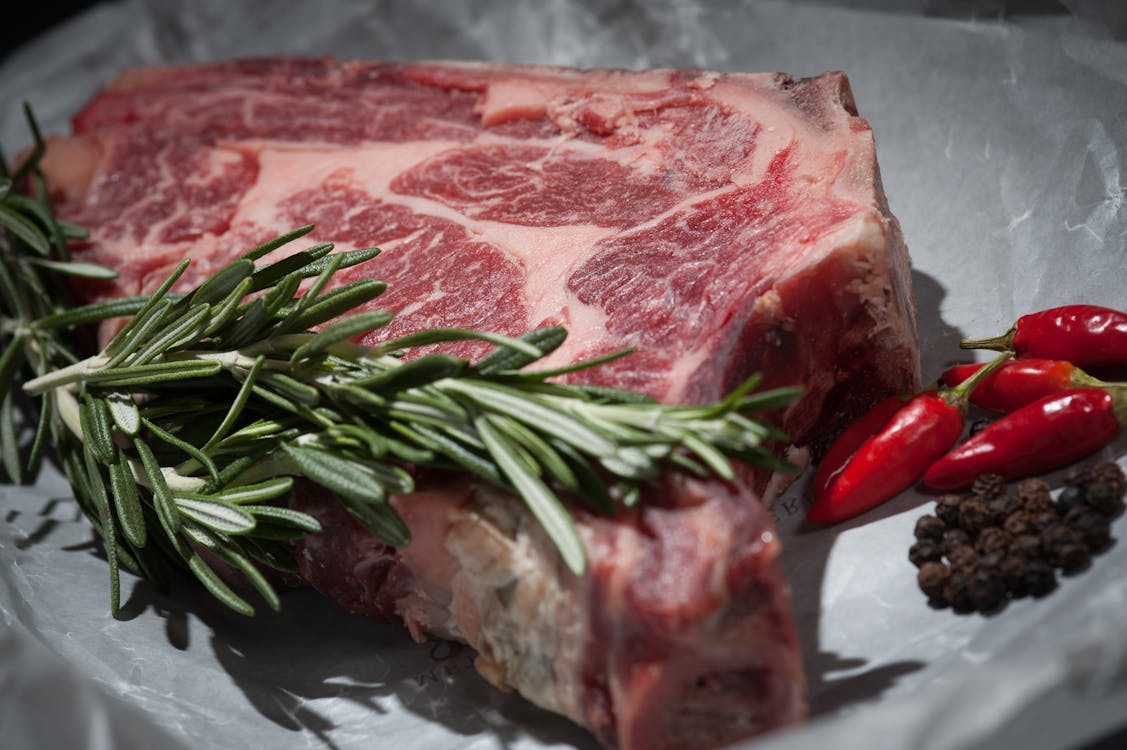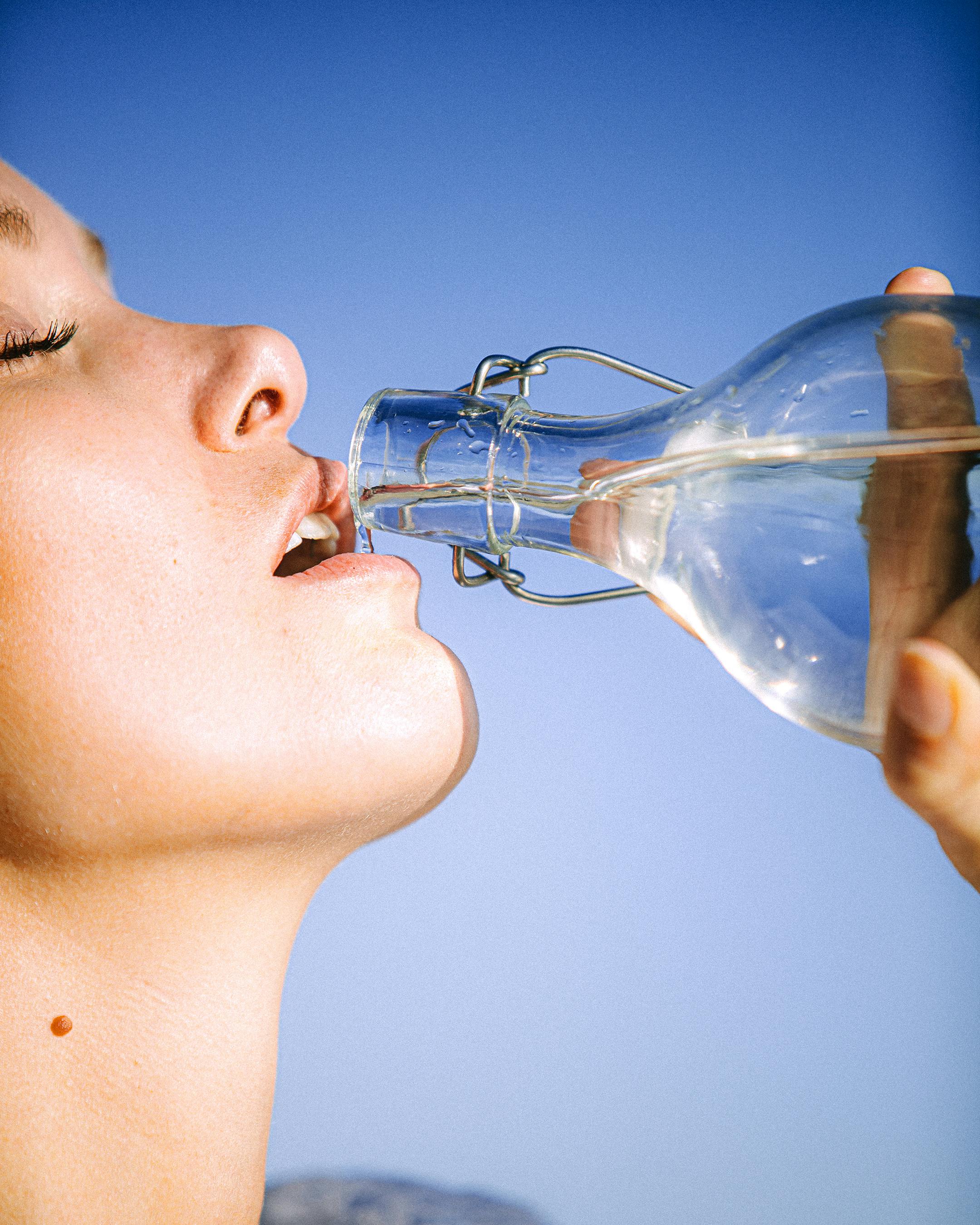Is Too Much Protein Bad for You?

Protein is a vital nutrient that plays a crucial role in building and repairing tissues, producing enzymes and hormones, and supporting overall health. While protein is essential, there is ongoing debate about whether consuming too much can have negative effects. This article explores the potential risks of excessive protein intake and provides insights into maintaining a balanced diet.
Understanding Protein Requirements
The recommended daily allowance (RDA) for protein varies based on factors like age, sex, and activity level. For the average adult, the RDA is about 46 grams for women and 56 grams for men. Athletes and individuals with higher physical demands may require more. However, many people, particularly in Western countries, consume well above these recommendations.
Potential Risks of Excessive Protein Intake
Kidney Damage
One of the most discussed concerns about high protein intake is its potential impact on kidney function. Proteins are broken down into amino acids, which produce nitrogen-containing waste products. The kidneys filter these wastes from the blood. While healthy kidneys can handle an increased workload, individuals with pre-existing kidney conditions may experience further damage due to excessive protein consumption.
Dehydration
High protein intake can lead to dehydration. The process of metabolizing protein requires more water for the kidneys to flush out nitrogen. If you’re consuming a lot of protein, it’s important to increase your water intake to prevent dehydration, which can lead to dizziness, headaches, and kidney stones.
Read more: The Importance of Hydration for Athletes
Bone Health
There is some evidence suggesting that very high protein diets, especially those high in animal proteins, may lead to calcium loss through urine, potentially affecting bone health. However, this is still a topic of ongoing research, and the relationship between protein intake and bone health is complex.
Heart Health

Diets high in animal proteins are often also high in saturated fats and cholesterol, which can increase the risk of heart disease. Plant-based proteins, which are generally lower in saturated fats, can be a healthier alternative. Balancing protein sources is crucial for maintaining heart health.
Digestive Issues
Consuming too much protein, particularly from animal sources, can lead to digestive issues such as constipation. High-protein diets often lack sufficient fiber, which is essential for healthy digestion. Including a variety of fiber-rich foods in your diet can help mitigate this risk.
Nutrient Imbalances
Focusing excessively on protein can lead to an unbalanced diet, potentially causing deficiencies in other essential nutrients. Carbohydrates and fats are also necessary for overall health, providing energy and supporting various bodily functions. A well-rounded diet that includes all macronutrients is vital.
Finding the Right Balance
Moderation and balance are key when it comes to protein intake. Here are some tips to ensure you’re getting the right amount of protein without overdoing it:
Know Your Needs: Understand your individual protein requirements based on your age, sex, and activity level. Consulting with a nutritionist can help tailor your intake to your specific needs.
Diversify Protein Sources: Include a mix of plant-based and animal-based proteins in your diet. Beans, lentils, tofu, and quinoa are excellent plant-based options.
Discover: Protein-Packed Recipe Ideas That Require Only 5 Ingredients

Stay Hydrated: Drink plenty of water, especially if you’re consuming a high-protein diet, to help your kidneys process the extra waste.
Monitor Portion Sizes: Be mindful of portion sizes to avoid consuming too much protein in one sitting. Spread your protein intake throughout the day.
Balance Your Diet: Ensure your diet includes adequate amounts of carbohydrates and healthy fats, along with fruits and vegetables, to provide essential vitamins, minerals, and fiber.
Conclusion
While protein is an essential part of a healthy diet, excessive intake can lead to various health issues. Understanding your personal protein needs and maintaining a balanced diet are crucial for optimizing health and well-being. Moderation, variety, and hydration are the keys to safely enjoying the benefits of protein.
Need a Great Workout Routine for Your Pro Cheer Audition Prep?
Pro cheerleaders stay fit, flexible, and strong so they can give out their best performance in the arena. However, achieving that wow-worthy, toned physique doesn’t happen overnight. You need to arm yourself with the right daily workouts.
Thinking of becoming a pro cheerleader?
We are offering you our fun, FREE (for a LIMITED time) POM FIT™ INTRO CLASS that teaches you beginner-friendly cardio moves.
To take your cheerleading fitness to the next level, we also have POM FIT™: GAMEDAY1™ - a series of challenging full-body cardio classes that include a body stretch class, kick stretch class, abdominal workout class, and more.
Join a POM FIT™ class below:
POM FIT™ INTRO CLASS (Free for a LIMITED time)



